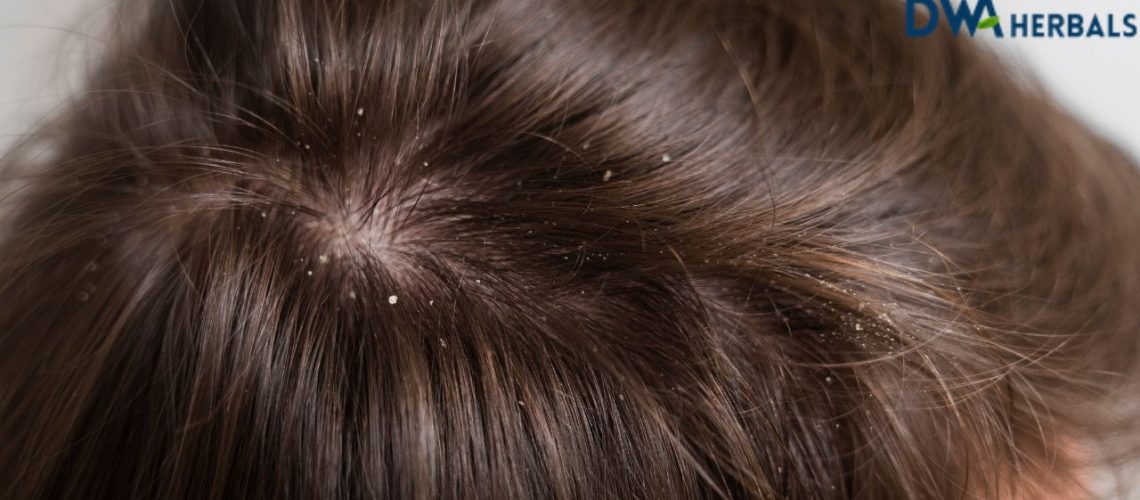
The scalp is a common site for various skin conditions, two of which often get confused: scalp psoriasis and dandruff. While they may share some similarities, they are distinct conditions with different causes, symptoms, and treatments.
In this blog, we will explore the key differences between scalp psoriasis and dandruff to help you better understand these conditions.
Try this to boost your immunityhttps://dwaherbals.com/product/daily-wellness-water/
In conclusion, scalp psoriasis and dandruff may both affect the scalp, but they have distinct causes, symptoms, and treatments. If you suspect you have either of these conditions, it’s essential to consult a healthcare professional, preferably a dermatologist, for an accurate diagnosis and appropriate treatment plan. Remember that these conditions can sometimes coexist, so addressing both issues may be necessary for effective management of scalp health.
Dr Sushil is a researcher and founder of D WA Herbals with objective of providing healthy longevity to society. His aim is to develop food and drink-based products by using the inherent qualities of traditional herbs by optimizing their effect through modern technology, making our products extremely user-friendly. The research is focused on various lifestyle issues such as anxiety, stress, metabolism, digestion, immunity and may more which impact the health and lifestyle.
© 2023 DWA HERBALS. All Rights Reserved. Designed by NXlogy